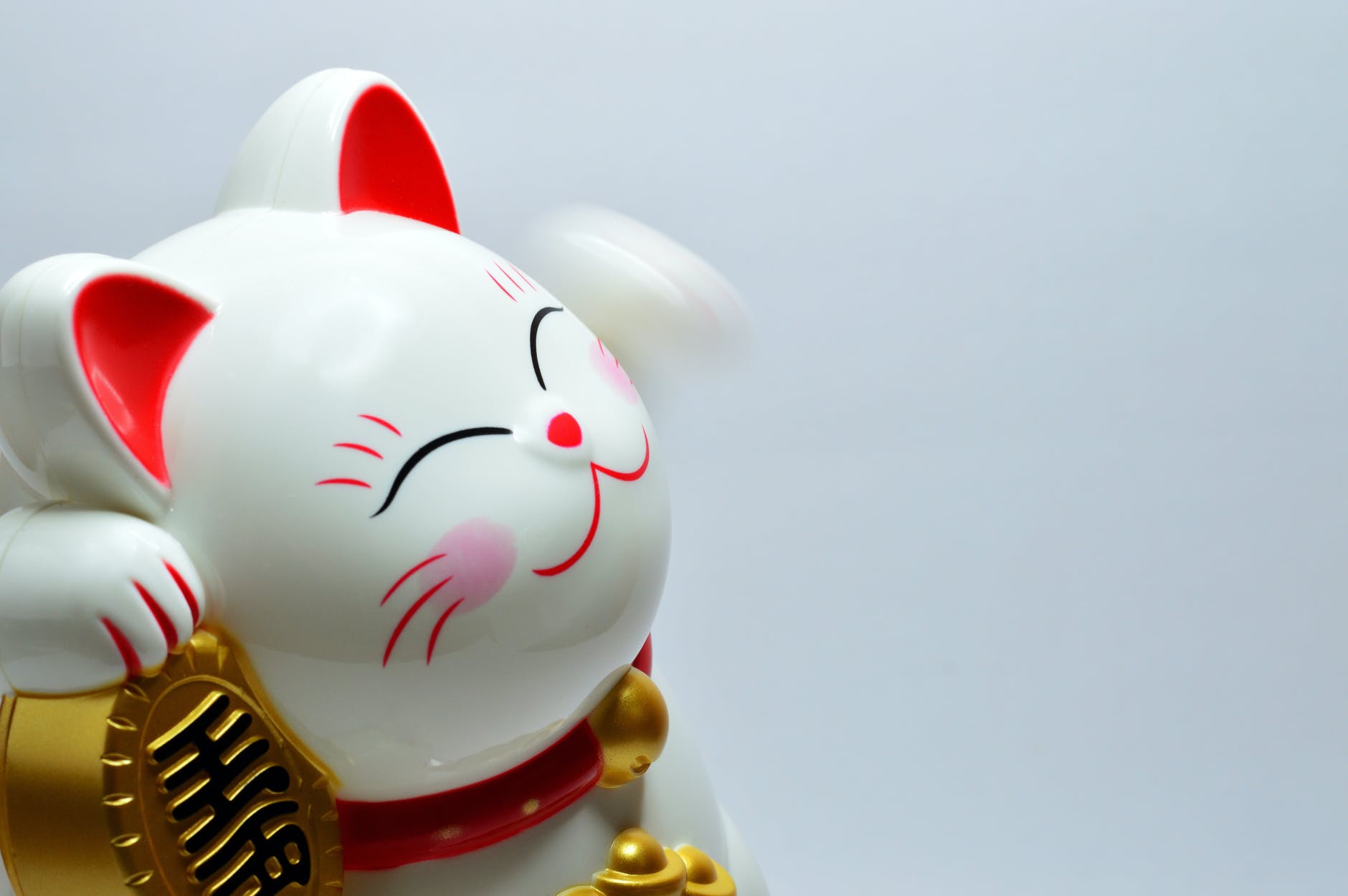A human life is a series of choices in search of greater meaning. This journey can be difficult and scary at times. In one life it is possible to be both a hedonist and an ascetic. Our ability to choose and change our path makes this life very special.
How we decide to measure worth and accomplishment in our life is important. I personally believe real worth and accomplishment have nothing to do with fame or wealth. Just as not everyone with money is happy, having fame or wealth, does not necessarily indicate true worth and accomplishment. This instead comes from a quest for basic human goodness.
The path of basic human goodness is within everyone’s grasp. It is a path that unites and brings peace to oneself and others. Listed below are the qualities of basic human goodness that we may use to measure real worth and accomplishment. Working on these qualities each day can bring a greater sense of fulfillment, hope, and joy into one’s life.
- Generosity: Be generous with your time and resources even when not solicited.
- Kindness: Extend kindness even to your enemies.
- Gentleness: Touch the world softly and few troubles will find you.
- Frugality: There is contentment in restraint.
- Truth: Speak truth even when it exposes your weaknesses.
- Humility: The strong are not haughty.
- Openness: Be keen to the perspectives of others as they may reveal our own blind spots.
- Civility: Treat everyone as a reflection of your ideal self.
- Forgiveness: The most powerful thing in the universe.
- Goodness: That which empowers and does no harm.
Perfecting the qualities of basic human goodness begins with an aspiration to live a life of purpose and meaning. On this path, we are truly equal in our potential. May you attain great worth and accomplishment on your quest!









